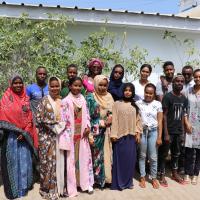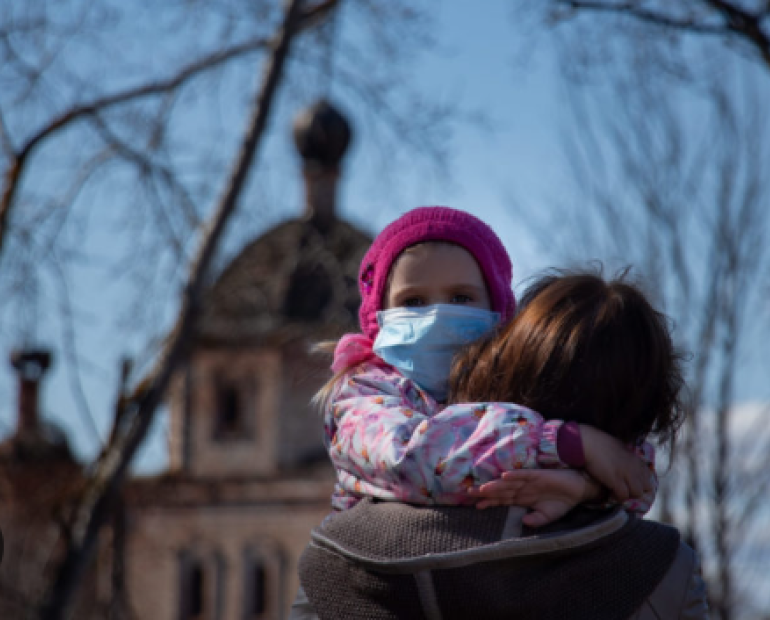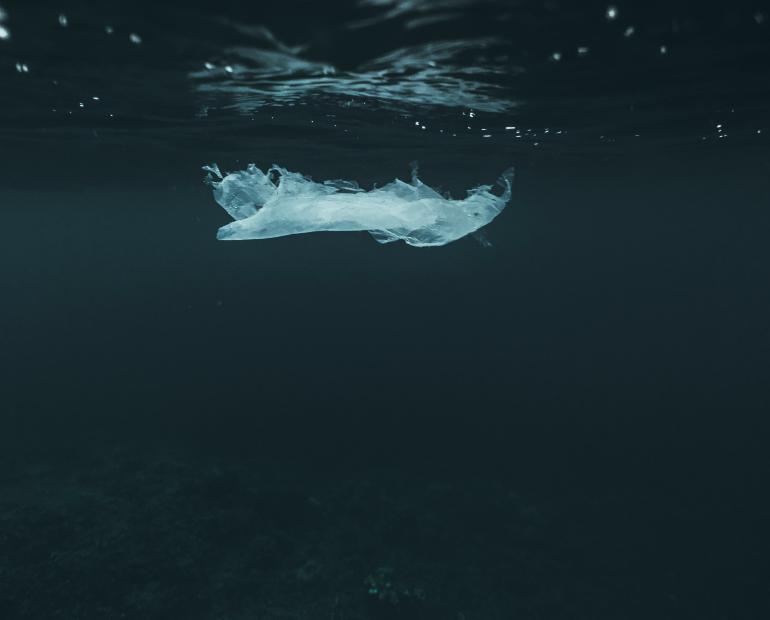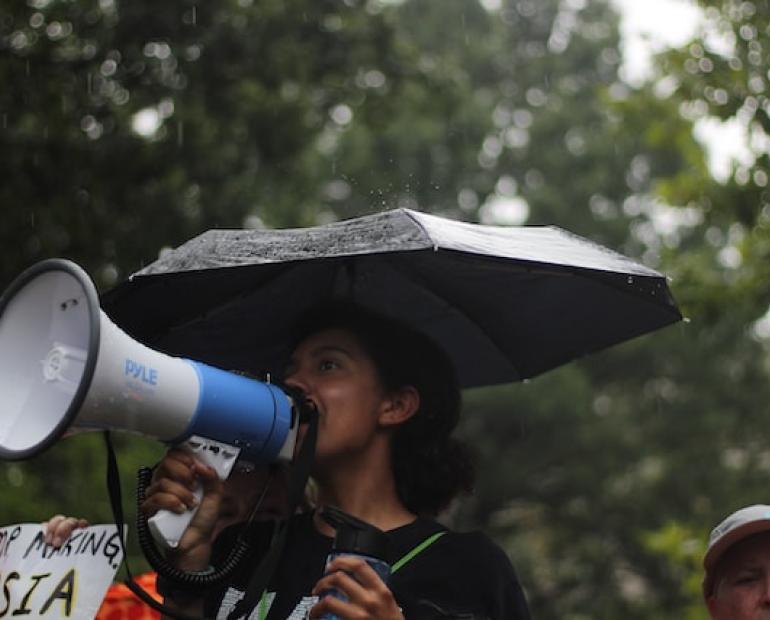
The new coronavirus, COVID-19, is an epidemic that places high demands on hygiene measures. Among these measures, the master rule requires us to wash our hands frequently. This washing should be done with soap or ash or with disinfectant or hydroalcoholic gel, which is not available to the majority of the population, especially in this period of adjusting to the new normal.
A seemingly simple gesture
In Balbala, water has become increasingly scarce. To fill a 20-liter canister or a 30-liter basin, you have to travel great distances because most of the taps are dry. No one provides explanations for this situation, neither the political-administrative authorities nor the company in charge of water supply. Meanwhile, the population is threatened by the coronavirus.
On the rare occasions when a drop of water flows at the taps or fountains, the whole population gathers there to get some, thus breaking all the rules or measures of hygiene and social distancing.
Children are more threatened
The whole of Djibouti’s cities which are on the outskirts live in an atmosphere of despair and constant anticipation and during this period, children are now back to school which is further compounding the situation.
The Child Parliamentarians have been a key voice and have observed that the rights of children are doubly violated because of the coronavirus. Children are at most pre-occupied with fetching water than studying and that now most schools are open it means they have to balance fetching water and also studying






